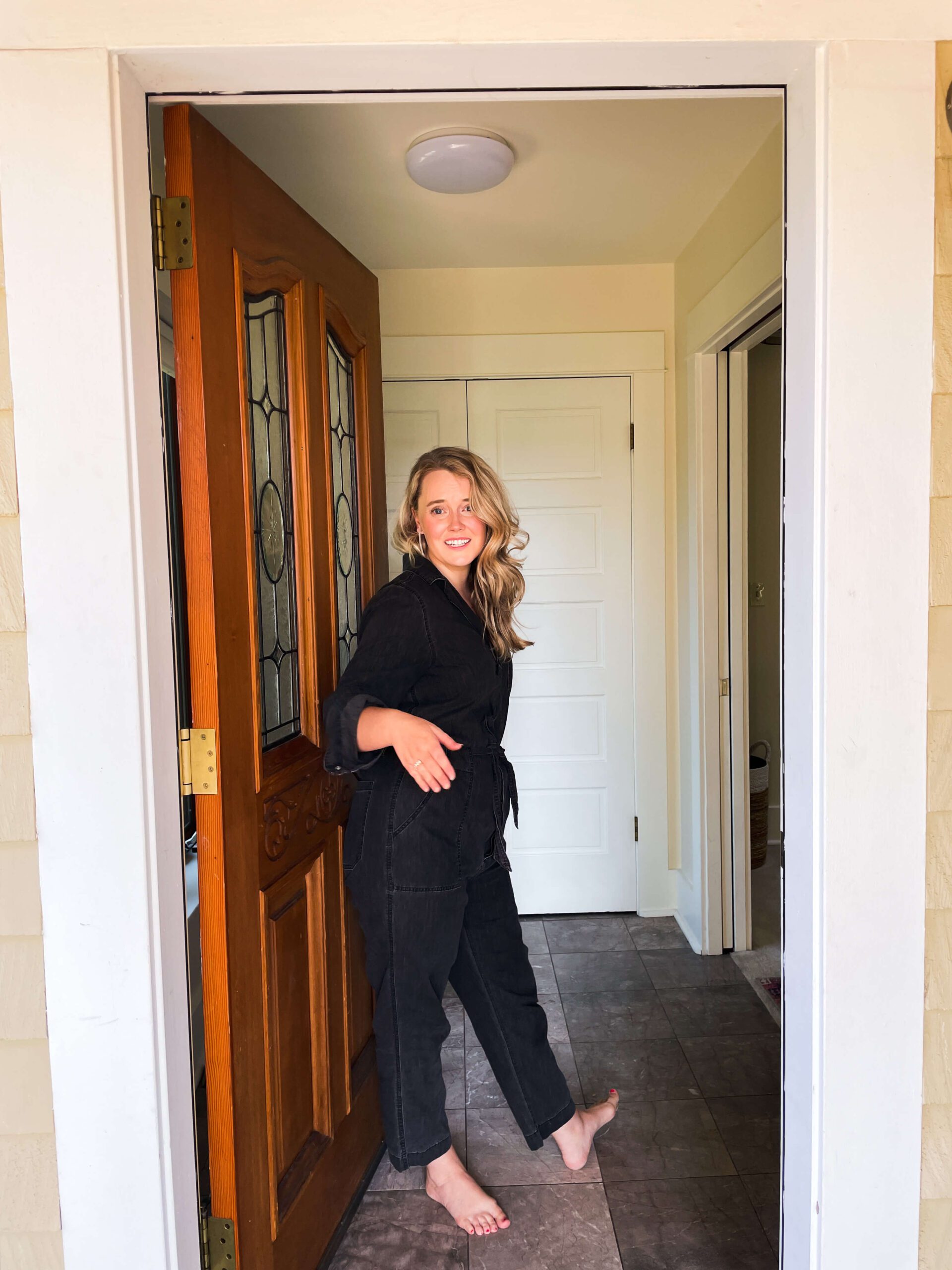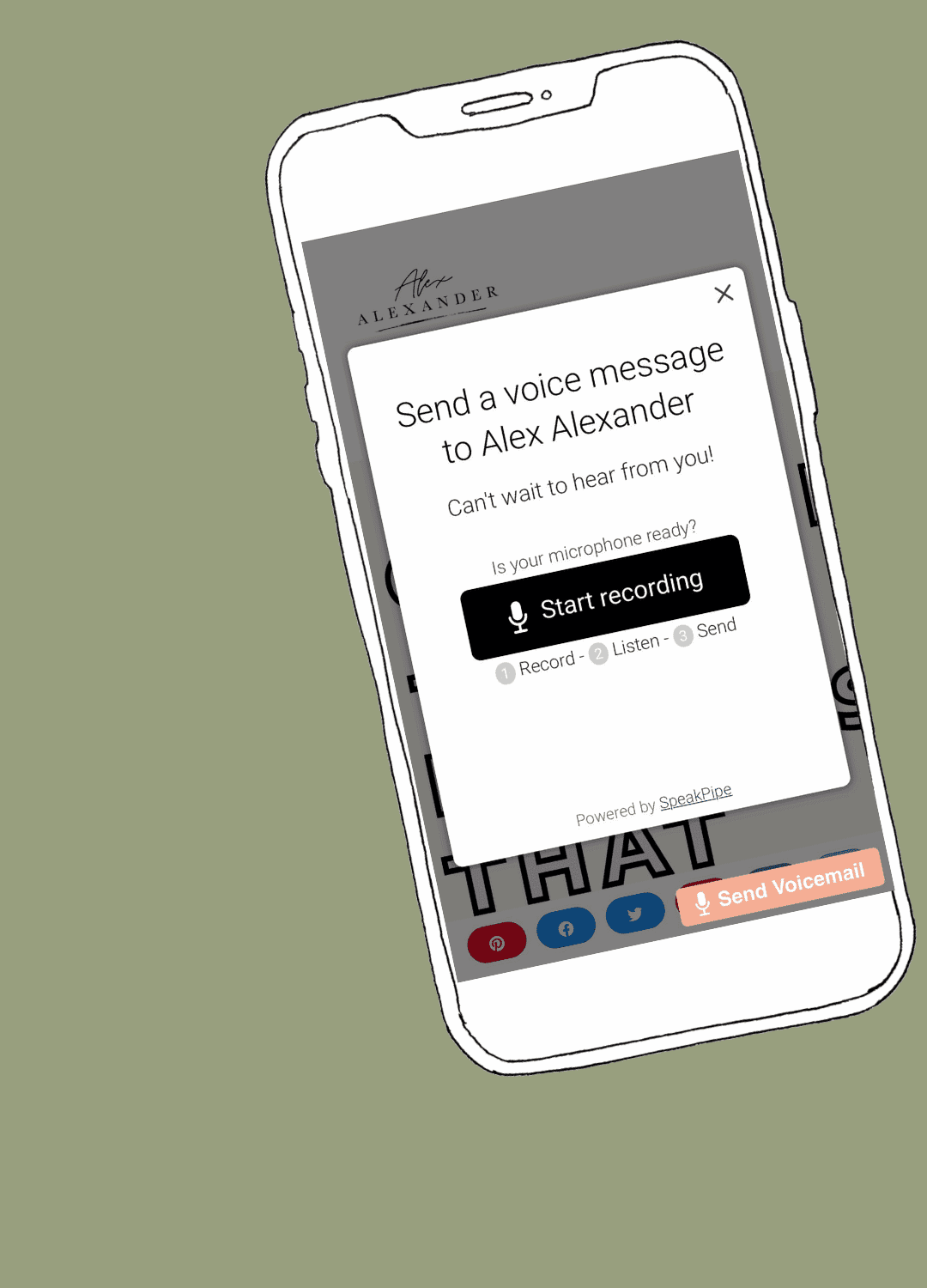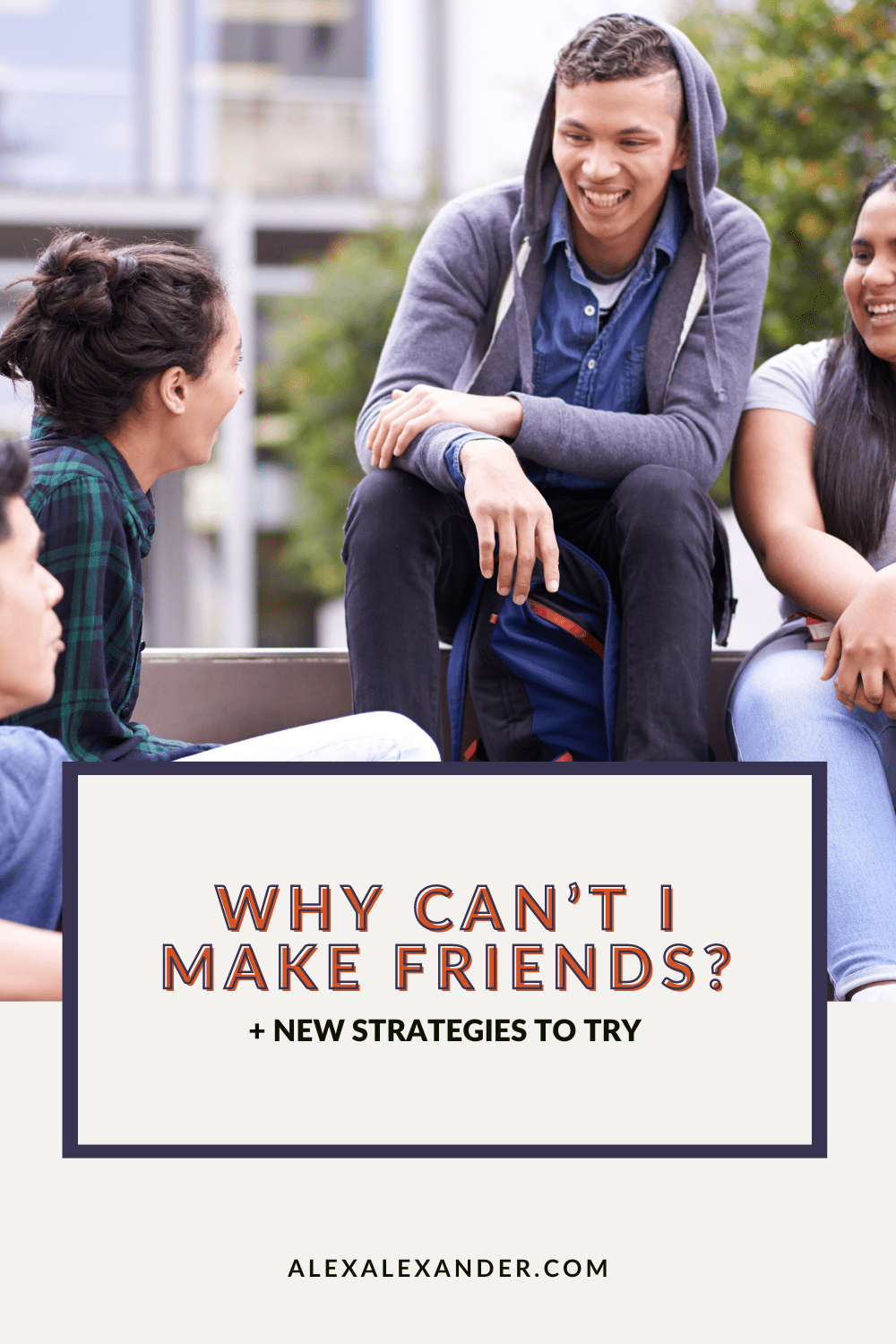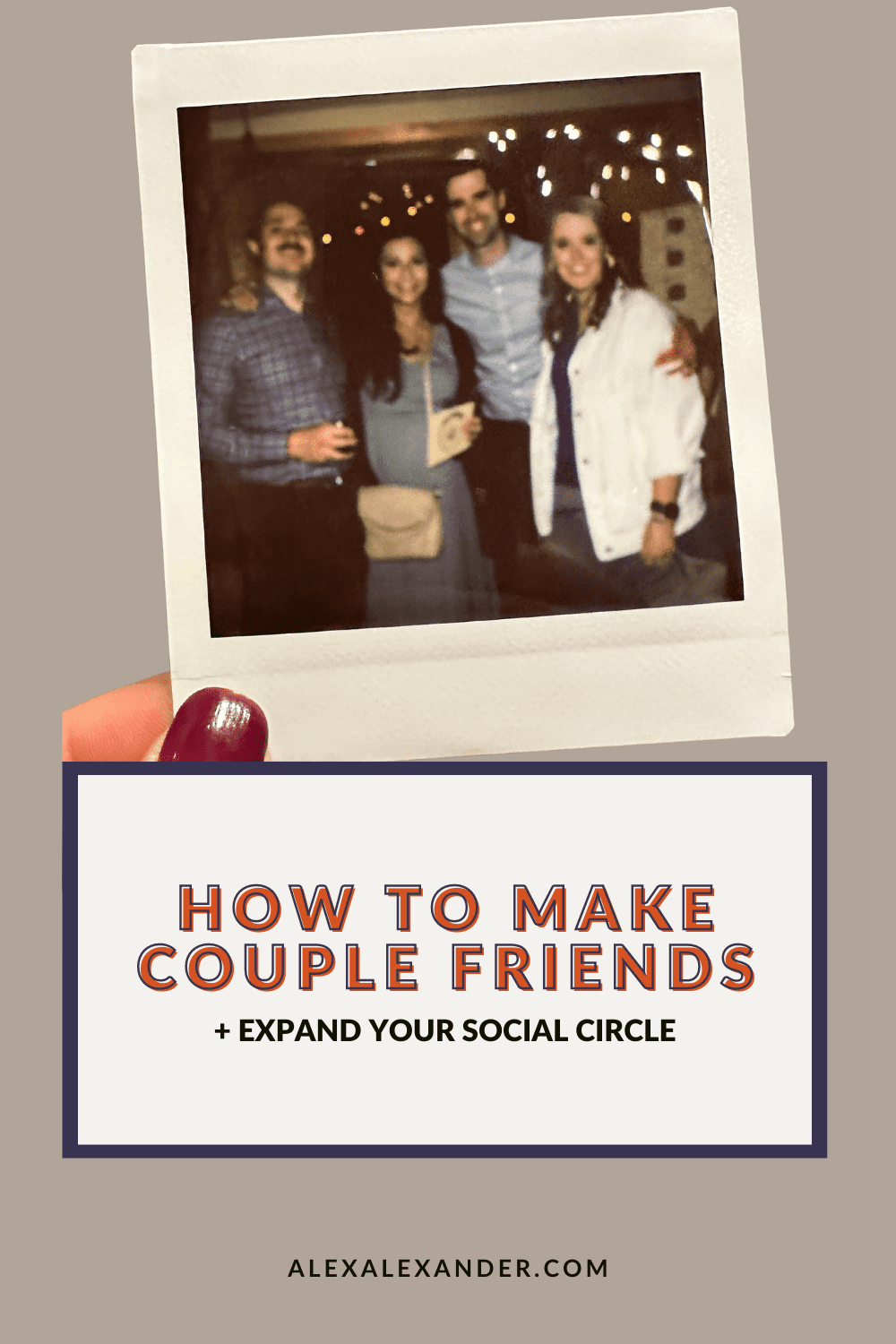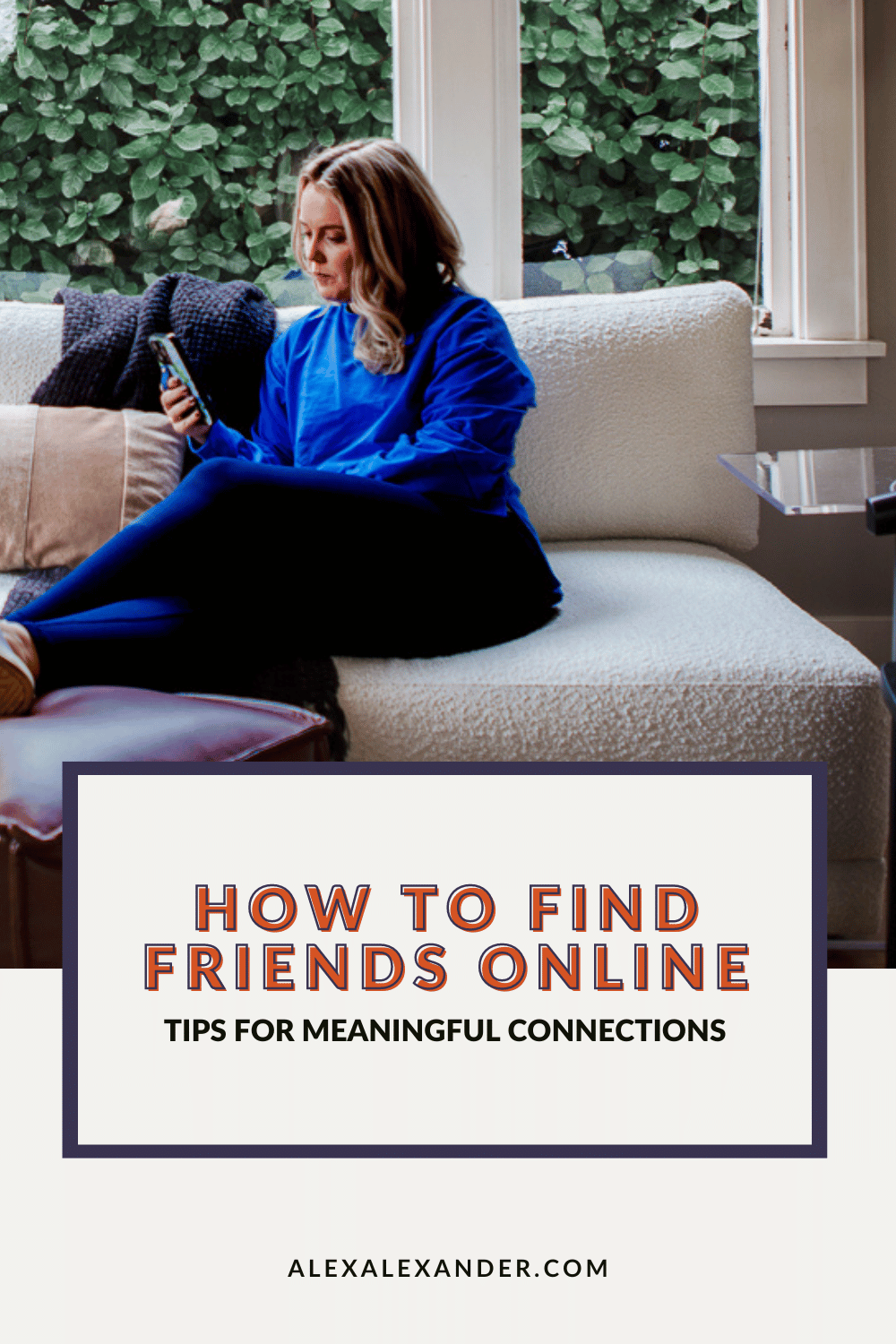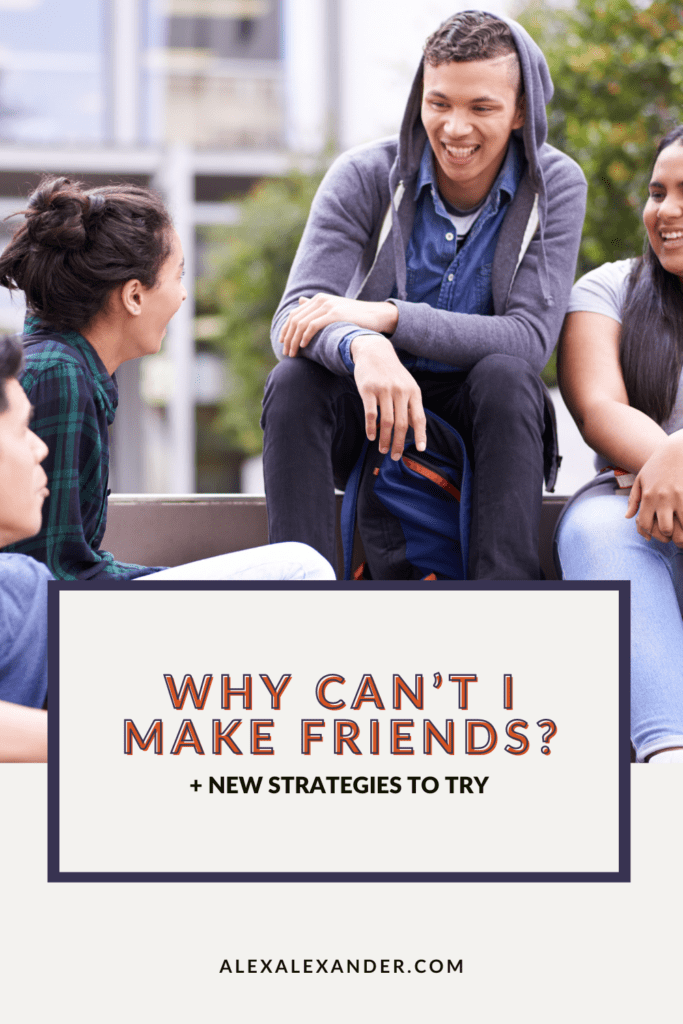
Making friends can be challenging for many people, and various factors can contribute to difficulty forming new connections. In this article, we’ll explore some of the most common reasons why people struggle to make friends, including fear of rejection, anxiety in social situations, lack of time, challenges related making friends as an introvert, falling into the comparison trap, and navigating friendships as a neurodivergent individual. We’ll also discuss practical strategies for overcoming these obstacles, building meaningful friendships, and seeking help when needed.
Reasons for Difficulty in Making Friends
Fear of Rejection
Let’s be real: fearing rejection can be a huge obstacle when making friends. It’s like that nervous feeling when you’re about to ask someone out on a date, except in this case, you’re potentially putting yourself out there to make a new friend.
Reframe how you think of making new friends – This skill can be improved. The more we practice putting ourselves out there and connecting with others, the easier it becomes, despite the fear of rejection.
Understanding the Qualities that Make You Unique
We’ve all heard messages of scarcity surrounding friendships, like “Finding good friends is rare, so hold on tight.” These ideas can lead us to focus on what’s wrong with us when we struggle to make friends. But there are potential connections all around us, and once we start to recognize the spectrum of friendship in our lives, we can begin to see that it’s okay to show up as our authentic selves.
It’s exhausting to constantly morph yourself into a more palatable version just to be liked by others. Sure, it takes work to be okay with showing up as yourself, but it’s a different kind of work than the energy-draining task of pretending to be someone you’re not. Embrace your uniqueness, quirks, and all, and trust that your authentic self has a place in this world and will attract the right people into your life.
Anxiety in Social Situations
It’s completely normal to experience some level of anxiety in new social situations. However, as you develop your friendship skills and habits, you may find that this anxiety begins to lessen over time.
One way to reduce social anxiety is to clarify how you enjoy showing up in social situations. Once you better understand your preferences, you can start to seek out social situations that align with them. Another helpful strategy is to practice your small talk skills. When you start to find those relationships that make you feel comfortable quickly, make sure to invest in them. However, if you find that your anxiety surrounding social interactions is intense, persistent, and significantly impacting your daily life, don’t hesitate to reach out to a mental health professional who can help you work through your anxiety and develop coping strategies tailored to your specific needs.
Lack of Time
One of the most common reasons people struggle to make new friends is a perceived lack of time. However, just like any other important life change, making friends requires intentional effort and time management. If you want to expand your social circle, try scheduling “friendship time” on your calendar, just as you would a daily walk or a work meeting.
It’s also worth considering whether you’re investing enough time in the friendships you already have. If your existing friendships feel a bit off or distant, it could be due to a lack of effort on your part. Make it a point to carve out weekly time to invest in your current connections. To learn more about the different kinds of friendships in our life, check out my Roots of Friendship Framework.
Socializing as an Introvert
As an introvert, you might have a harder time making friends. Still, it’s important to recognize that this perception is often due to the lack of representation of introvert-style friendships in media and society. Quiet, simple friendships don’t get the same attention as more extroverted, socially active ones, leaving introverts feeling like they are bad friends or that the friendships they have built “aren’t right.” However, it’s crucial to remember that the only thing that matters is that your friendships feel right to you.
Introverts can build strong, meaningful connections in ways that align with their social preferences and energy levels. This might include nurturing online friendships or developing friendships focused on specific shared interests or activities. By embracing your unique friendship needs and preferences as an introvert, you can create a social life that feels authentic, fulfilling, and sustainable.
Comparison Trap
In the age of social media, it’s easy to fall into the trap of comparing our friendships to the seemingly perfect connections we see online. However, it’s important to remember that social media presents a curated version of reality. The friendships we see portrayed online rarely show the full picture, and we have no idea what challenges or struggles might be happening behind the scenes.
Another common pitfall is comparing our current friendships to past versions of those same connections or other friendships. Every friendship is unique and will undergo multiple stages and iterations over time. Instead of comparing a current friendship to a past version or another connection, focus on nurturing and appreciating each relationship for what it is now.
Neurodivergence and Friendships
For those who are neurodivergent, the journey of making and maintaining friendships can be particularly challenging due to societal expectations that often don’t align with how neurodivergent individuals operate. This can lead to feelings of inadequacy or the belief that you are a “terrible friend” simply because you don’t fit into the conventional mold of what a friendship “should” look like. However, it’s essential to recognize that these societal standards do not accurately measure your ability to be a good friend.
Neurodivergent individuals may find that the blanket statements about friendship perpetuated by society don’t account for their unique experiences and needs. It’s important to remember that the goal should not be to fit in at the expense of your well-being but rather to learn how to connect with others while embracing your differences. By building friendships that feel right to you rather than trying to conform to societal expectations, you can cultivate more meaningful and fulfilling connections. If you’re neurodivergent and looking to navigate the world of friendships. In that case, I highly recommend checking out Episode 54 – Navigating Friendships With ADHD, and Episode 40 – Strawberry Friends: Forming Supportive Friendships while Neurodivergent, for more insights and guidance.
Strategies for Making Friends
Making new friends can seem daunting, but with the right strategies and mindset, you can expand your social circle and build meaningful connections.
Consider Your Needs
Before starting the friend-making process, take a moment to reflect on what you’re looking for in a friend. Consider the activities you enjoy, the topics you want to discuss, and whether you prefer online or in-person interactions. A clear idea of your needs will help potential friends stand out more easily.
Create Opportunities for Yourself
To make new friends, you need to put yourself out there. Engage in activities that align with your interests, such as joining groups, participating in online communities, or being active on social media.
Seek out Comfortable Environments
If making friends makes you nervous, choose environments that feel more comfortable. Whether it’s online interactions, structured community gatherings, or rejoining a past community, select settings that reduce your anxiety and allow you to be yourself.
Get out in Your Community
Engage with your local community by attending neighborhood events, being friendly to your neighbors, and frequenting local markets or coffee shops. You’ll develop familiarity with the people around you by consistently showing up and being open to conversations.
Consider Work Interactions
Since many of us spend a significant portion of our time at work, consider the value your co-workers bring to your life. If you enjoy their company, consider where they fit in your Wheel of Connection and explore ways to deepen those friendships through shared experiences. If you are still in school, all of these same ideas apply!
Join Social Groups
Pursue your interests by joining social groups centered around your hobbies or passions. You will meet people with similar interests and enjoy the time spent connecting over a shared topic, taking some of the pressure off the sole goal of making friends.
Consider Reconnecting with Old Friends
Don’t hesitate to contact past friends, even if your friendship has changed. Your shared history and existing knowledge of each other can provide a foundation for rebuilding the connection in your current life circumstances.
Consider Making Friends Online
The internet offers countless opportunities for making friends. Whether these friendships remain online or eventually move offline, the digital world can be a powerful tool for connecting with others. Check out my article “How to Make Friends Online” for a comprehensive guide on maximizing your online friend-making potential.
Utilize Friendship Apps
Take advantage of the various friendship apps available on your phone by creating a profile and connecting with others. Downloading and using these apps can be a proactive step in setting aside intentional time to meet new people.
Give it Time
Building new friendships is a gradual process that requires patience. Embrace the journey of meeting new people, learning from diverse perspectives and experiences, and developing your friendship skills over time.
Be the Brave Friend
If you’ve decided to prioritize building more friendships, it’s time to embrace being “the brave friend.” This means taking the initiative in your social interactions and putting yourself out there, even when it feels uncomfortable. Start by being the friend to send the invite to potential friends, suggesting activities you think they might enjoy, and being the one to kickstart conversations. You might even need to do these actions a few times. When you’re in social situations, challenge yourself to talk with your peers, ask questions, and show genuine interest in their lives. Remember, developing your social skills is an ongoing process, so don’t be discouraged if things initially feel awkward. The more you practice, the more natural and confident you’ll become in your interactions. By consistently being the brave friend who fosters connections, you’ll create more opportunities for meaningful friendships to bloom in your life.
Seeking Help for Friendship Issues
If you’re struggling to make friends or feeling overwhelmed by the process, remember there’s nothing wrong with seeking help. You might hire a personal trainer, download training guides, or consult a physical therapist for fitness goals; similar resources are available for navigating friendships.
Seek out Resources – Books, Podcasts and Articles
There is a wealth of information available about friendship in books, podcasts, and articles. As you explore these resources, ask yourself, “Does this feel right to me?” Since there’s no one-size-fits-all approach to friendships, focus on finding insights that resonate with your personal experiences and goals.
Check out the Friendship IRL podcast, where we share real-life stories and insights about what’s working (and what’s not) in our friendships, communities, and connections. And don’t forget to sign up to be the first to hear about the release of my upcoming book, “Are We Friends Yet?“
Seek out Friendship Coaches
Friendship coaches offer personalized guidance tailored to your specific experiences and goals. They’ll listen to your story, provide practical strategies for forming your desired friendships, and offer accountability as you navigate the complexities of changing habits, reframing beliefs, and building connections. You might want to work with a friendship coach for many reasons, just like you would a coach for any other life goal. Interest in finding a frierndship coach? Send me an email with your goals, and I’ll send you some recommendations.
Seeking Therapy for Friendships
For some individuals, underlying issues such as social anxieties, an anxiety disorder or low self-esteem may impact their ability to form and maintain friendships. In these cases, working with a therapist who specializes in friendship-related concerns can be incredibly beneficial. Therapy provides a safe, non-judgmental space to express your feelings, identify patterns, and work through the obstacles holding you back from building the desired connections.
Final Remarks
Building and maintaining friendships is a lifelong journey that requires effort, patience, and self-awareness. By understanding the common reasons people struggle to make friends and implementing practical strategies to overcome these challenges, you can cultivate your sense of belongingness. Remember, there’s no one-size-fits-all approach to friendships, and it’s essential to focus on building connections that feel authentic and meaningful to you. If you struggle, don’t hesitate to seek support from resources such as books, podcasts, friendship coaches, or therapists specializing in friendship. With the right mindset and tools, you can navigate the complexities of friendship and build a network of close friendships.
Frequently Asked Questions
Why do some people find it difficult to make friends?
Some people find it difficult to make friends for various reasons, such as fear of rejection, social anxiety, lack of time, challenges related to introversion, falling into the comparison trap, or navigating friendships as a neurodivergent individual. These factors can make it challenging to initiate and maintain connections with others.
What are some effective strategies for making new friends?
Effective strategies for making new friends include considering your needs and preferences, creating opportunities for yourself by engaging in activities that align with your interests, seeking out comfortable environments, getting involved in your local community, joining social groups, reconnecting with old friends, and utilizing online platforms and friendship apps. Remember to give it time and enjoy the journey of meeting new people and developing your friendship skills.
Is it okay to seek help if I’m struggling with making friends?
Yes, seeking help is absolutely okay if you’re struggling with making friends. Just like you might seek guidance for other areas of personal growth, resources are available to support you in navigating friendships, such as books, podcasts, articles, friendship coaches, and therapists specializing in friendship-related concerns.
How can I overcome the fear of rejection when trying to make new friends?
To overcome the fear of rejection when trying to make new friends, reframe friendship development as a skill or habit that can be learned and improved upon. By building resilience through practice, you can challenge the narrative that some people are inherently bad at making friends and instead view any trepidation as a normal part of the growth process.
What should I do if I feel lonely despite trying to make new friends?
If you feel lonely despite trying to make new friends, remember that building meaningful connections takes time. Continue to engage in activities that align with your interests, be open to new experiences, and consider seeking support from a friendship coach or therapist who can provide personalized guidance and help you work through any underlying issues that may be impacting your ability to form and maintain friendships.

